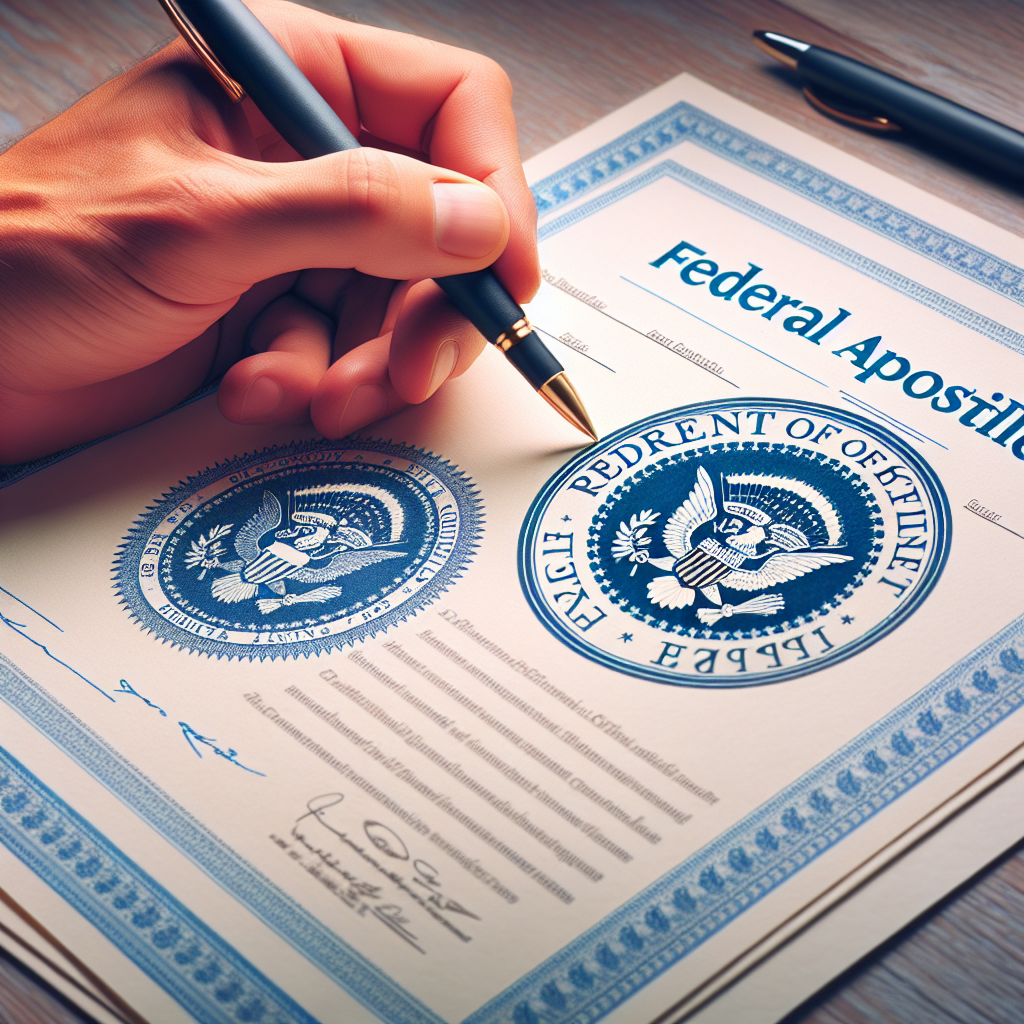
Understanding Federally Apostilled Background Checks
A background check is an essential tool used by employers, organizations, and individuals to verify a person’s history, ensuring they meet required standards or criteria. In some cases, especially when dealing with international matters, a standard background check may not be sufficient. This is where the process of obtaining a federally apostilled background check comes into play.
What is an Apostille?
An apostille is a form of authentication issued to documents for international use under the terms of the 1961 Hague Convention Abolishing the Requirement of Legalization for Foreign Public Documents. An apostille certifies the authenticity of the signature, the capacity in which the person signing the document acted, and the identity of any stamp or seal affixed to the document.
A federal apostille is a certification provided under the Hague Apostille Convention for documents issued by federal entities in countries that are signatories to the convention. In the United States, a federal apostille is issued by the U.S. Department of State for documents such as federal court documents or documents issued by federal agencies. This apostille verifies the authenticity of the document, allowing it to be recognized in other countries that are part of the Hague Convention. It is often used for international legal matters, business transactions, or personal affairs that require the submission of official U.S. documents abroad.

Why Might You Need a Federally Apostilled Background Check?
If you are planning to work, study, or live abroad, you may be required to provide a background check that is apostilled. Countries that are members of the Hague Convention recognize the apostille as a valid form of document verification, eliminating the need for additional certification.
Steps to Get a Federally Apostilled Background Check
- Obtain a Background Check:
Begin by acquiring a background check from a recognized agency. The FBI provides a comprehensive background check that is often required for federal apostille. - Request a Certified Copy:
Ensure that the background check is certified. For FBI checks, you can request this when you apply for your report. - Submit to the U.S. Department of State:
Once you have your certified background check, the next step is to book an appointment with Orange County Apostille. - Processing Time:
The processing time for obtaining an apostille can vary, so it is important to plan ahead. Typically, it might take several weeks, depending on the demand and time of year. - Receive Your Apostilled Document:
After processing, your background check will be returned with an apostille attached, verifying its authenticity for use in Hague Convention countries.
Considerations and Tips
- Check Requirements: Before starting the process, check the specific requirements of the country to which you are submitting your document. Some countries may have additional requirements beyond the apostille.
- Plan Ahead: Due to the time it can take to process an apostille, begin the process as early as possible to avoid any delays in your plans.
- Seek Professional Help: If navigating this process seems daunting, consider hiring a service that specializes in obtaining apostilles to ensure everything is completed correctly.
In conclusion, obtaining a federally apostilled background check is a crucial step for those looking to engage in activities abroad that require verified documentation. By understanding the process and planning accordingly, you can ensure your documents are properly authenticated and accepted internationally.